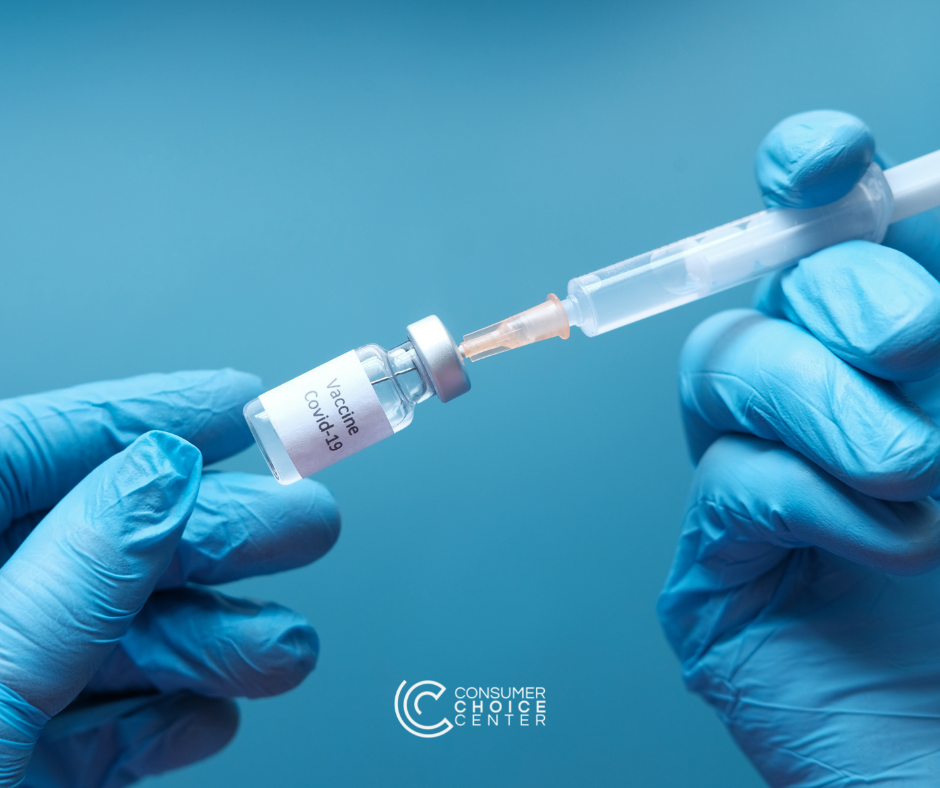
The Issue:
In 2021, the Senate introduced a bill (Projeto de Lei n° 12, de 2021) to suspend the obligations of the Federative Republic of Brazil to implement or apply the TRIPS Agreement in relation to the prevention, containment or treatment of COVID-19 while the public health emergency remained in force. In other words, a law that would introduce compulsory licensing for all COVID-19 vaccines and technologies – something that was not only unprecedented but would also go against the TRIPS agreement, to which Brazil is a signatory.
The bill was passed in Congress in both houses and went to the approval of President Jair Bolsonaro. However, the President vetoed three key paragraphs:
8, “The holder of the patent or patent application subject to a compulsory license must provide the necessary and sufficient information for the effective reproduction of the object protected by the patent.”
9, “If there is biological material essential for the practical realisation of the object protected by the patent or by the patent application, the holder must provide such material to the licensee”, and
10, Imposed penalties if the holder of the patent or patent application refuses to provide the information or biological material
The redacted bill went back to Congress to further discussion and final voting that could have overridden the veto and reinstated the removed paragraphs.
The entire bill n° 12 of 2021, but particularly paragraphs 8, 9 and 10, would have had terrible consequences for consumers and patients in Brazil, depriving them of future vaccines and medical innovations. The Consumer Choice Center promptly intervened to protect consumers.
CCC Response:
We understood that the vetoed provisions were simply unprecedented and inconsistent with the Agreement on Trade-Related Aspects of Intellectual Property Rights and denied innovators the certainty and predictability needed to confidently invest and accelerate the launch of new medicines in Brazil. Consequently, the bill would have deprived consumers and patients of life-saving drugs and vaccines because of government-created legal uncertainty.
The moment the bill hit the Congressional floor, we began working with members of Congress and the Caucus to inform them about the risks of such legislation and the unnecessary burden to consumers and to persuade the policymakers to keep the vetoes. We sent letters presenting our arguments to both the Presidents of the House and the Senate.
Furthermore, we put the discussion to public debate, reacting, commenting and giving our expert opinion to news outlets. We were featured in a handful of influential media outlets, including Metropolis’s website, the most important about Brazil politics.
We argued that Intellectual Property was never a barrier to accessing the COVID-19 vaccines. In fact, it facilitated the collaborations among manufacturers and suppliers necessary to promote investment and access. An example of such collaboration includes the Pfizer Inc./BioNTech SE agreement with Brazilian biopharmaceutical company Eurofarma Laboratórios SA to manufacture COVID-19 mRNA vaccines for distribution within Latin America.
Pursuing flawed compulsory licensing initiatives coupled with mandatory technology transfers would have hindered Brazil’s desire to foster innovation and facilitate access to medicines. Indeed, it called into question how seriously Brazil took its international commitments and obligations.
The Outcome:
On July 5th, 2022, the bill was passed, maintaining the vetoes and thus reducing the impact and burden to consumers of the compulsory licensing.
Even though the bill was enacted into law, we were able to keep the veto of the more egregious elements of PL nº 12/2021 including (1) provisions related to mandatory technology transfer (including trade secrets, technical information, and know-how) and the sharing of biological material related to an issued compulsory license; and (2) a provision that would have applied compulsory licensing mechanisms to COVID-19 related products, including treatments and vaccines.
Consumers in Brazil may now enjoy, for a bit longer, the marvellous and proven benefits and innovations that strong IP laws provide. We’ll be watching closely if new developments in this area arise.